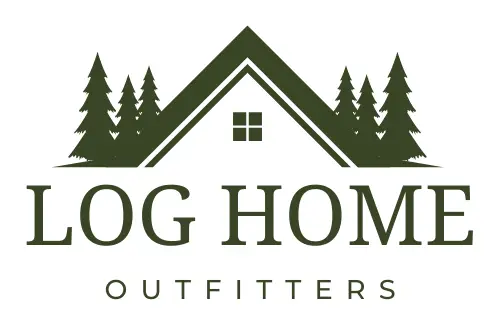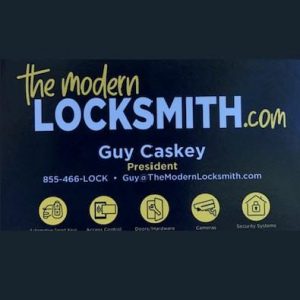Homeowners often need extra cash for home improvements. And often a homeowner will opt to take
out a secondary loan, otherwise known as a home equity loan, to remodel the home. Some borrowers
stay up-to-date on loan choices and elect to choose the home improvement equity loans. The equity
loans for improving home value offer cash to homeowners to make repairs or remodel the home,
including external and internal repairs, carpeting, tiling, floors, borewell, painting outside and inside
structure, roof repairs and renewals, pipe repair, structural modification, structural repair, and
structural remodeling.
The maximum loan amount given to customers depends on the customerÂ’s status with the lender. If
the customer had prior loans and showed good faith, then the lender may offer 100% equity lending,
while new comers may receive 85% more or less on equity lending. The loans are often extended
15-years; however, few lenders will offer longer terms or shorter terms, depending on the lender and
the outcome of the application. The lenders present joint and single packages, however, are
responsible if more than one party applies for the loan.
Home improvement equity loans come in fixed rate or adjustable rate options. Thus, the fixed rate is
often the first choice, since the loans interest will remain constant–and the borrower will not be
subject to the vacilliations of the market.
However, the few that take out the adjustable rate loans are subject to pay higher or lower interest
rates per quarter on the loan. Many home improvement loans require that an “independent
contractor” oversees the improvements of the home; and thus home improvement loans are intended
to improve the home, forcing the borrower to utilize the cash only for repairs and improvement. Few
lenders will place penalties on home improvement equity loans to guarantee the loan is used for its
intentions.
ZZZZZZ


